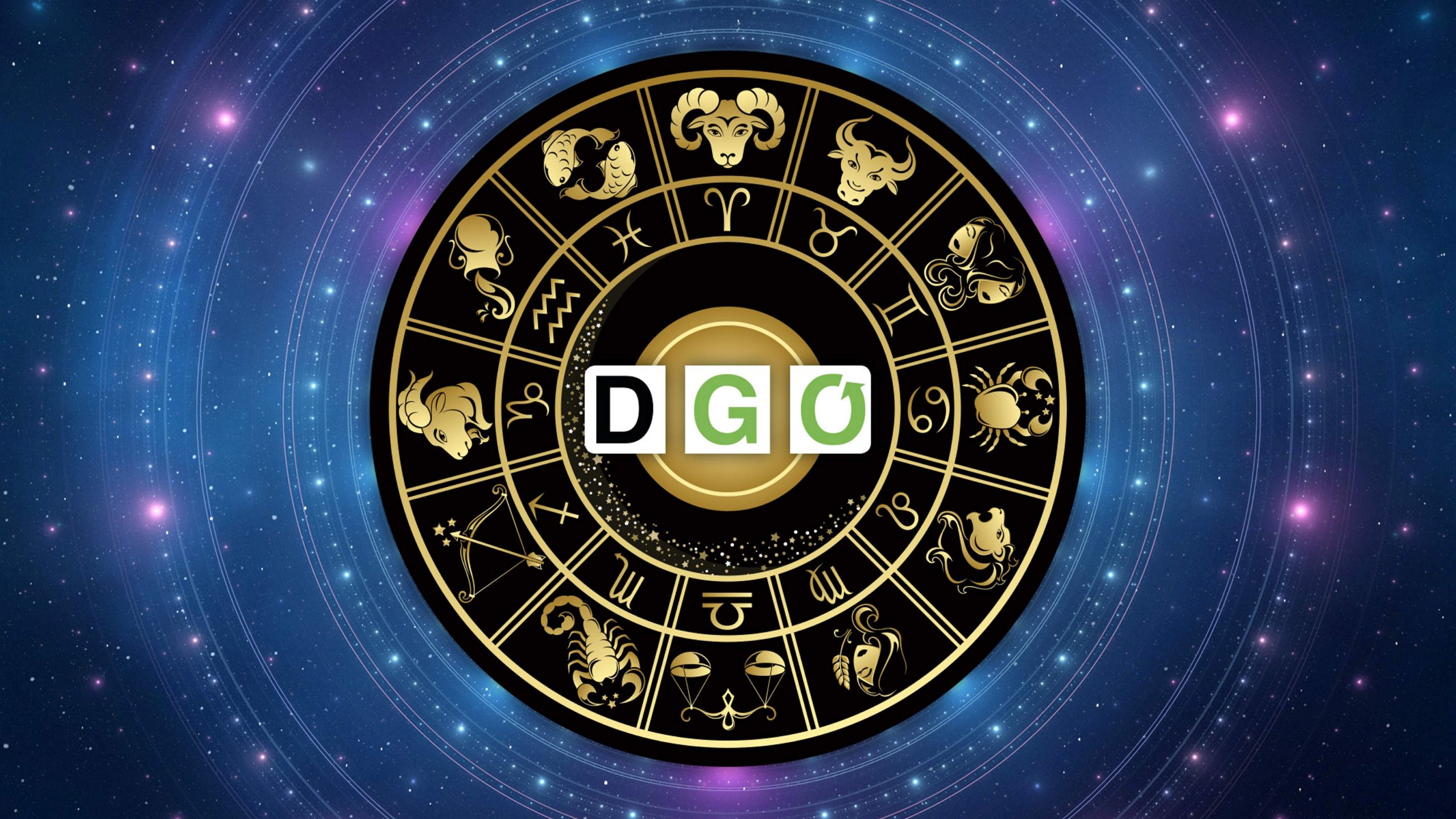I was at a hip art space called Real Artways back when I lived outside Hartford, Connecticut. It was a monthly event called Creative Cocktail Hour, one of those art things where a new show goes up and cool people stand around drinking alcohol, making eyes with attractive strangers, and not really looking at the art.
I usually had a friend or two somewhere with me, or on the way, but what I remember most from Creative Cocktail Hour was standing alone – sometimes looking at the art (who does that at one of these?), looking “pensive,” or looking like I was waiting for someone. During one of these moments, a woman approached me, seemed to pick me out in the room.
“Are you Bob Toledo?” she asked.
A number of things ran through my mind: (1) This was a rather attractive woman. (2) Her shapeliness was accentuated by her shimmery turquoise cocktail dress. (3) She looked to be maybe 10 years older than me. (4) Who is this Bob Toledo running around looking like me? But mostly (5) Bob Toledo? Whose name is Bob Toledo? You couldn’t get a more made-up-sounding name if you tried.
In fact, it kind of seemed like a formula for developing a pseudonym: Pair a recognizable first name with the name of a large city. Jimmy Cleveland. Tony Miami. Carlos San Francisco. Maybe you’re in the mob and your real name is Lance McCallister, which is not intimidating enough when kneecapping folks with tire irons. But, boy, would Mike Philadelphia do the trick.
A number of celebrities have found the formula as well, changing their names into something more glamorous, but clearly made up: John Denver (Henry John Deutschendorf Jr.), Johnny Knoxville (Philip John Clapp), Joaquin Phoenix (Joaquin Rafael Bottom), Rock Hudson (Leroy Harold Scherer Jr.), Dusty Springfield (Mary Isobel Catherine O’Brien). It could also work with planets – Freddie Mercury and Bruno Mars – but let’s not confuse the issue.
Famous people change their names for a number of reasons. The old one was boring, or hard to pronounce, or too foreign-sounding. Or maybe there was already someone in show business with the same name. A new name could symbolize a transformation of sorts, leaving one’s ordinary past behind, the birth of a star.
Cities are similar in that way. People move to cities for opportunity, or to leave something behind. Sometimes both. In cities, the faces we pass are strange. We are anonymous though surrounded by humanity and skyscrapers and honking cabs. In cities, we are individuals and we are nobodies.
In cities, there is an anonymity we don’t find in Durango. Here, when talking about an adversary in public, we have to do the “Durango look,” where we crane our heads to make sure that person isn’t sitting Right There. Here, errands take longer depending on the number of people we know who we run into. Not as much living in a city. In cities, one can duck carelessly into a naughty shop, or make out foolishly with new flames in deserted nooks in bustling art museums, or tease gay men in dark bars with our eyes and intellect. In cities, we can be whomever we want.
Back at Creative Cocktail Hour, I said, “No, I’m not Bob Toledo.” To keep the conversation going, I said, “But apparently I look like Bob Toledo?”
She said, “Well, you look like Bob Toledo … but Bob Toledo 20 years ago.”
I don’t remember anything else we said to each other. I do remember in the days that followed slapping my palm to my forehead: She was hitting on me! Maybe she went to school with Bob Toledo. Maybe he was an old flame. Maybe I did look like Bob Toledo but 20 years ago. Or maybe she thought up a fake name to use on me. Whatever it was, she wanted to talk to me.
Maybe if I were someone different, someone with more confidence, someone more savvy, someone with a name like Peter Pensacola, I might have recognized her Bob Toledo line for what it was. And with an arched eyebrow, a glint in my eye, and without hesitation, I would have said, “Why, yes, I am Bob Toledo. And you look as stunning as the last time I saw you.”













